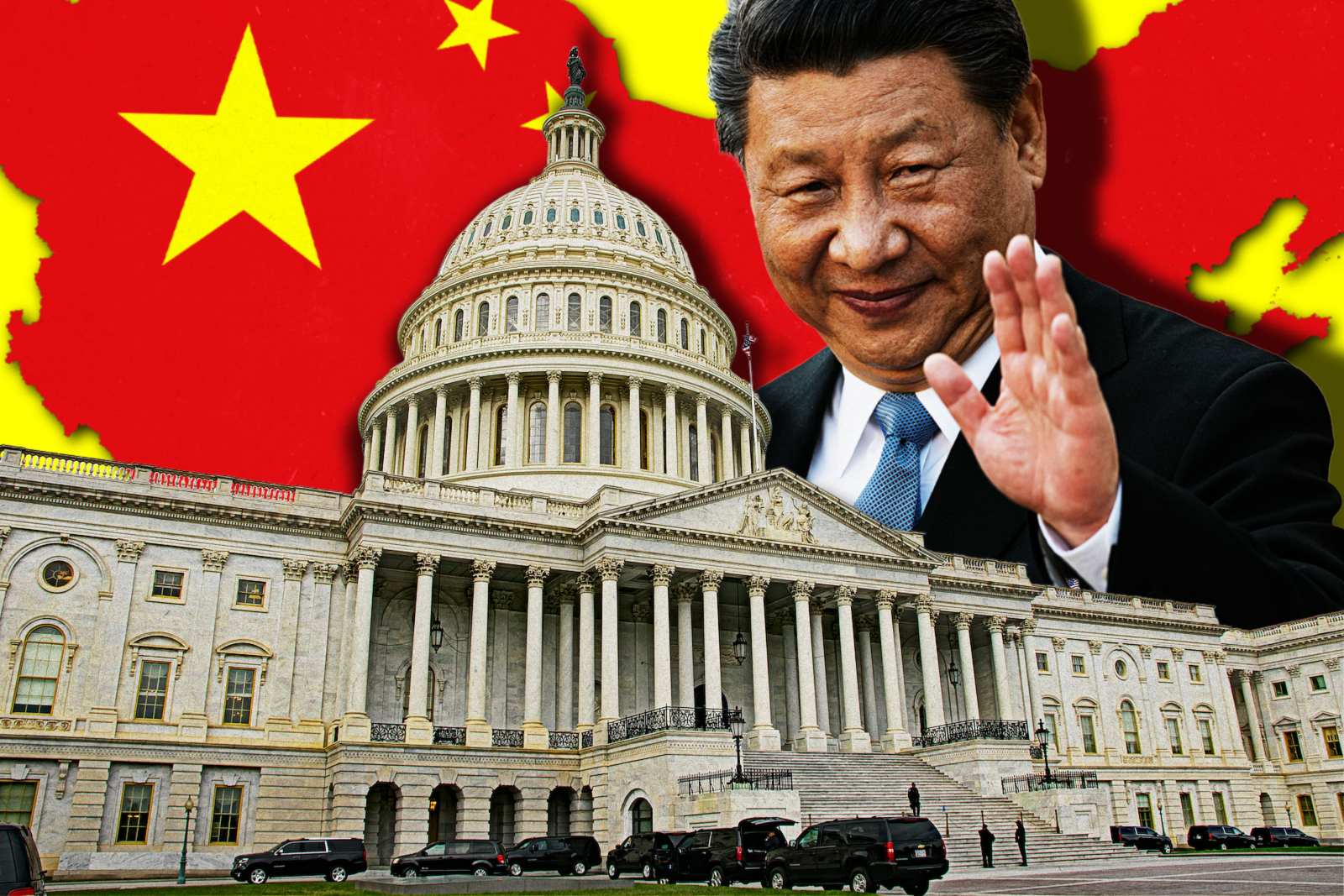
Tech
Be More Like TikTok
The threat is the smartphone in your hand. The United States considers TikTok a national security threat.
In response, Chinese-owned TikTok is now trying hard to demonstrate its independence from China and the Chinese Communist Party. It is opening itself to a level of transparency and accountability, unprecedented with social media companies. The United States should require all social media companies to follow in TikTok’s footsteps and be more transparent and accountable and relocate data centers to the United States. These reforms will protect U.S. national security.
The problem is far bigger than TikTok. Whether it’s the 2016 U.S. presidential election or the COVID-19 “infodemic,” social media companies continue to demonstrate that they manipulate content, disseminate disinformation, and cause chaos. The lack of U.S. regulations and the lack of transparency and accountability from social media companies leave the United States in the dark in the fight to protect its national security. As TikTok demonstrates, there are several key steps social media companies can take to better protect U.S. national security.
Go under the hood. The public benefits from increased transparency. More information about source code, algorithms, and content moderation is a net positive. TikTok opened its doors to journalists, think tank scholars, and academics to address any suspicions about U.S. Data Security (USDS), its new subsidiary, direct connections to China or China’s control over its platform.
Increase independent oversight. Third-party oversight increases accountability. When companies are more accountable to the public, there is less opportunity for them to take advantage of vulnerable situations and sow chaos. Oversight increases public confidence in the reliability of data flows.
Relocate data centers. U.S.-based data centers better protect sensitive information for U.S. users. Moving data centers from abroad to the United States keeps data under the protection of U.S. law, out of reach of other countries.
Thus far, TikTok’s efforts demonstrate that a social media company can expand transparency and accountability without limiting free speech. Oracle, a U.S.-based company, will host TikTok’s platform in the United States. It will perform security reviews of all TikTok software, monitor data flows to ensure compliance, and conduct oversight of the recommendation engine, moderation system, and promoted content to identify risks. However, Oracle will need U.S. government approval to examine any identified risks.
Furthermore, TikTok is balancing more transparency with protecting its proprietary data. For example, it will provide some experts with access to its entire source code—after signing a non-disclosure agreement (NDA). Additionally, Oracle employees will review TikTok’s code at a transparency center. TikTok’s proprietary data is at no more risk with industry experts (with a signed NDA) and Oracle employees than with its own employees.
The TikTok experience is a wake-up call that should guide how we treat all social media companies. The United States should require all social media companies to be more transparent and accountable, and to relocate data centers to the United States. These reforms will protect U.S. national security. They will create a world with less vitriol and hate and less outrage and anger. They will create a world with more compassion and careful attention to the facts. They will create a world not only safer for the United States but for all.
